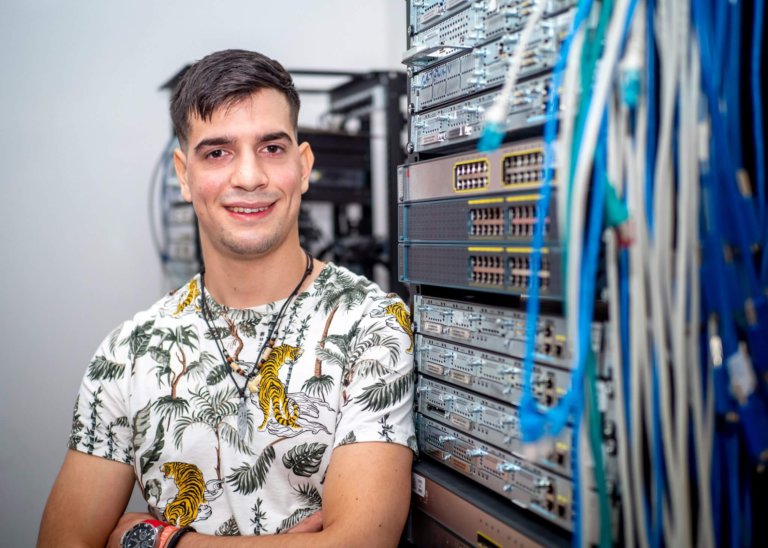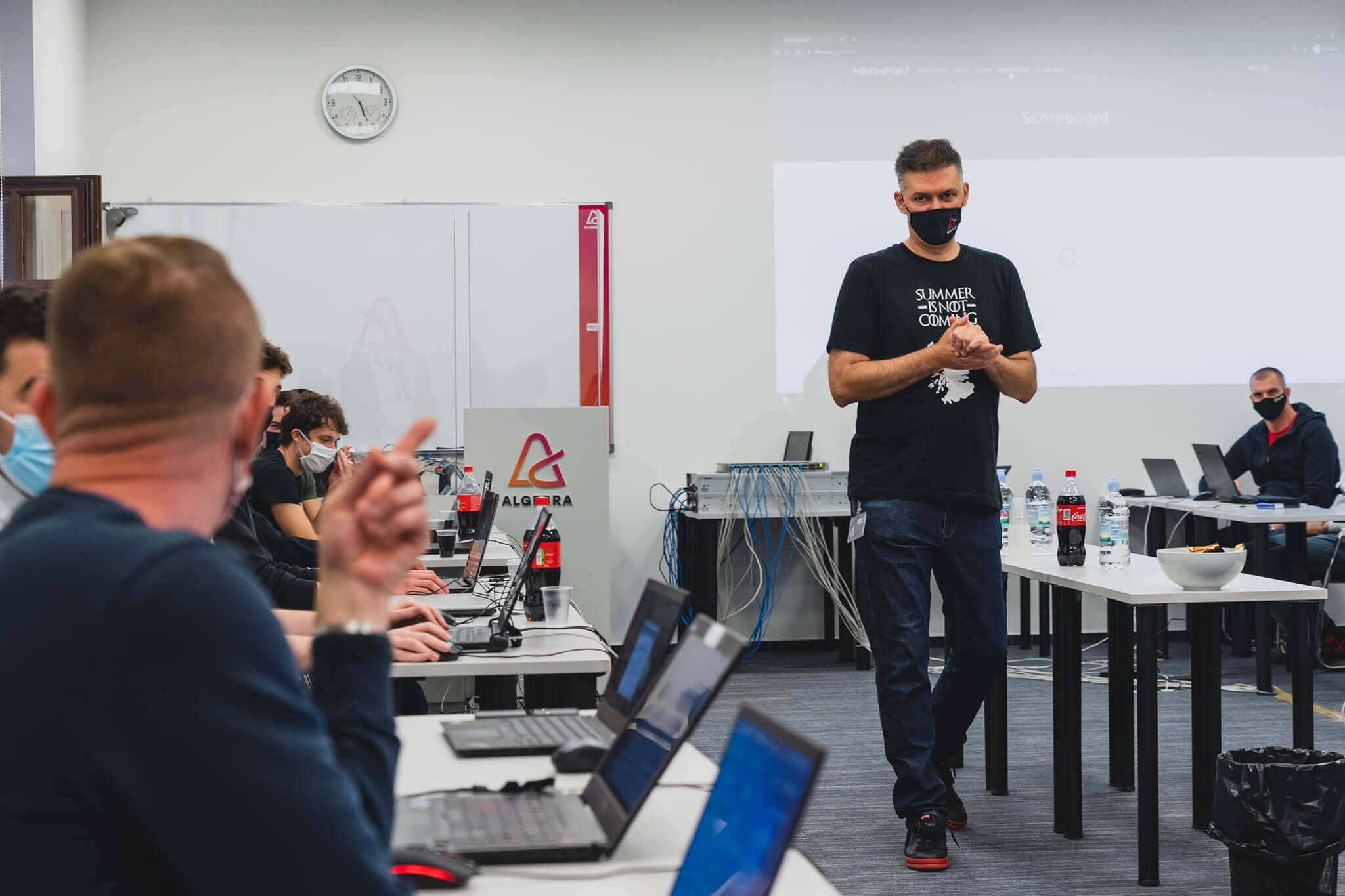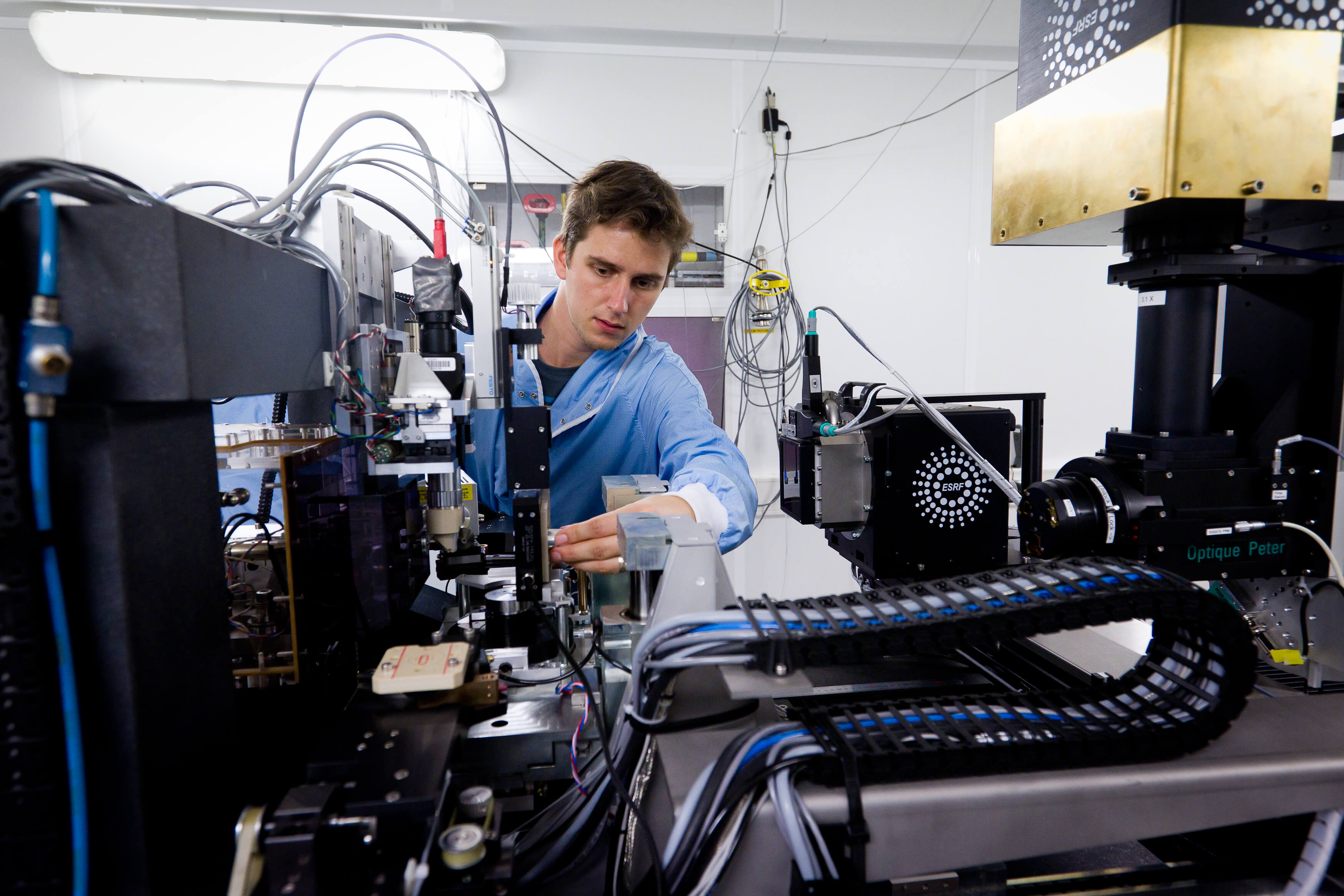
Computers are central to all aspects of our digital lives; as the range of industries, from communications to banking, that relies on them grows, so too do the list of miscreants targeting to misuse or steal their data.
The US Bureau of Labor Statistics projects that employment in computer and information technology occupations will grow 11% from 2019 to 2029, much faster than the average for all occupations. Computer science-related occupations are projected to add over half a million new jobs. This area of study covers vast swaths of terrain – coding, technical engineering, business processes and communications among just a few.
Computer science schools in Europe are steadily-increasing in numbers. This probably has a lot to do with the advantages of diving into a diverse study hub. With so many students attending higher education institutes, there lies a strong emphasis on innovation and support. Here are three universities that will help you crack the code to success.
Algebra University College

Algebra is ranked #1 for its quality assurance system according to the National Agency for Science and Higher Education. Source: Algebra University College
Ranked #1 for its quality assurance system according to the National Agency for Science and Higher Education. Co-organiser of the first European MIT Innovation and Entrepreneurship Bootcamp in Croatia 2022. The best educational organisation in the world among 3,200 organisations as evaluated by Microsoft in 2014 — 2020’s title defender as part of the Leading Learning Partners Association. The only institution in Croatia that has met the quality requirements of the Dutch-Flemish accreditation agency NVAO. Winner of the Croatian edition of the prestigious EY Entrepreneur of the Year 2020 award. The list of Algebra University College’s accomplishments goes on.
If you want to build successful careers either in indie studios or in AAA companies, choose Game Development. If you have considerable knowledge in object-oriented languages (C#, Java, C++, Kotlin) and relational database (SQL) languages, and want to advance to a variety of employment possibilities — from programming jobs to architecture and leadership — the Software Engineering degree is for you. Algebra is also MIT’s first MicroMasters Pathway in Croatia and is now offering a hybrid graduate programme in Data Science.
The new joint study programme in the Internet of Things and Artificial Intelligence is offered in collaboration with EPITECH France, made possible by the grant Algebra received from the European Social Fund. You can gain exposure in two beautiful European cities — Zagreb and Paris — and earn degrees from both institutions.
Quality is assured at Algebra. Last July, the largest private educational institution in Croatia received a positive accreditation recommendation from the Accreditation Council of the National Agency for Science and Higher Education to launch Algebra University in Zagreb – the first private university in the field of technical sciences in Croatia.
Student experience at Algebra is as dynamic as its programmes. From academic support and career counselling, from local student buddies to study abroad possibilities, you’ll have a great time as you build a globally competitive career in digital technologies. To learn more, click here.
Umea University

At UMEA, students gain hands-on experience using state-of-the-art software and hardware like they would in a working environment. Source: Umea University
Studying computer science at Umeå University’s Faculty of Science and Technology is the first step towards becoming such experts with the skills, knowledge and pluck to rise to the top of this field. Umeå’s innovative programmes and course structures allow students to connect with companies via internships to boost their employability factors. Several courses are interdisciplinary, teaching students how to develop skills needed to become capable, competent employees in their respective fields.
The Master’s in Computing Science provides knowledge in programming languages such as C, Java, and Python and, if necessary, students quickly become acquainted with further programming languages. This programme is directed towards students who want to achieve further understanding of the field and develop a scientific attitude characterised by logical reasoning and critical analysis.
The Master’s Programme in Artificial Intelligence prepares one for a career in research or as an AI specialist in industry or the public sector. It fuses broad knowledge in AI and deepened learning in profile areas such as theoretical foundations of artificial intelligence, human-AI interaction, intelligent robotics, machine learning or data science. If you opt for the Master’s Programme in Robotics and Control, you’ll learn important aspects of modern robotics, such as autonomous systems, field robotics, artificial intelligence, computer vision, mobile robots, embedded systems, modelling and control systems.
Students gain hands-on experience using state-of-the-art software and hardware like they would in a working environment. The university’s programmes offer plenty of chances for students to get real-world learning which prepares them adequately for life after graduation and working environments.
University of Edinburgh

At Edinburgh, you’ll be taught by experts in software engineering, business and innovation, digital innovation, research methods and design. Source: University of Edinburgh
The University of Edinburgh graduates enjoy successful careers due to their qualification in different fields of technology. As the skills of data-driven problem solving are highly in demand and will continue to be in the future, experts in machine learning and big data who possess the relevant skills have a wide range of job opportunities available to them.
Edinburgh’s School of Informatics offers graduate computer science studies where students are trained in niche areas of computer science, becoming experts and changemakers in the field. These degrees help students specialise in their area of interest while developing the technical and soft skills needed to succeed in the industry.
Informatics is one of seven schools in the College of Science and Engineering, at the University of Edinburgh. It provides a fertile environment for a wide range of studies focusing on understanding computation in both artificial and natural systems. Studies here cover five areas of study including: Informatics; Artificial Intelligence; Cognitive Science; Computer Science; and Software Engineering.
Students can choose from bachelor’s programmes in Artificial Intelligence; Computer Science; Computer Science; and Software Engineering as well as masters in Informatics.
If you’d like to combine two areas of studies, you can aim for double degrees in Computer Science and Physics; Computer Science and Mathematics; Computer Science and Management Science; and Artificial Intelligence and Computer Science.
You will be taught by experts in software engineering, business and innovation, digital innovation, research methods and design. With these programmes, graduates will be primed to continue to master’s and PhD-level studies or join a diverse range of industries and lead their rapid digital transformation.
*Some of the institutions featured in this article are commercial partners of Study International









